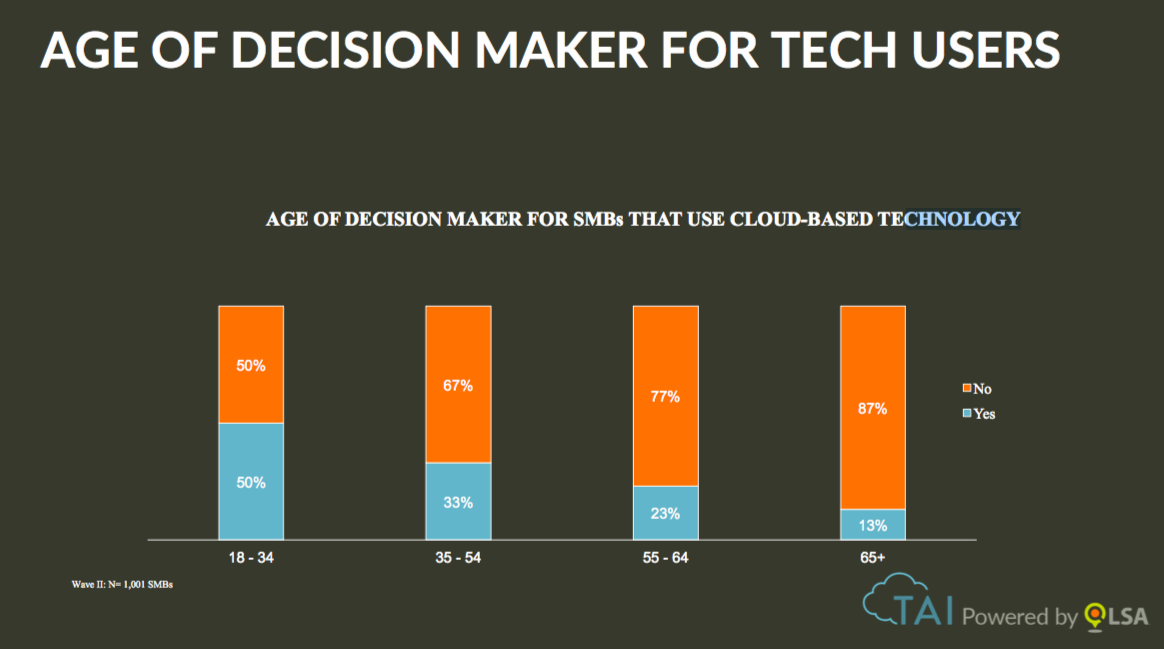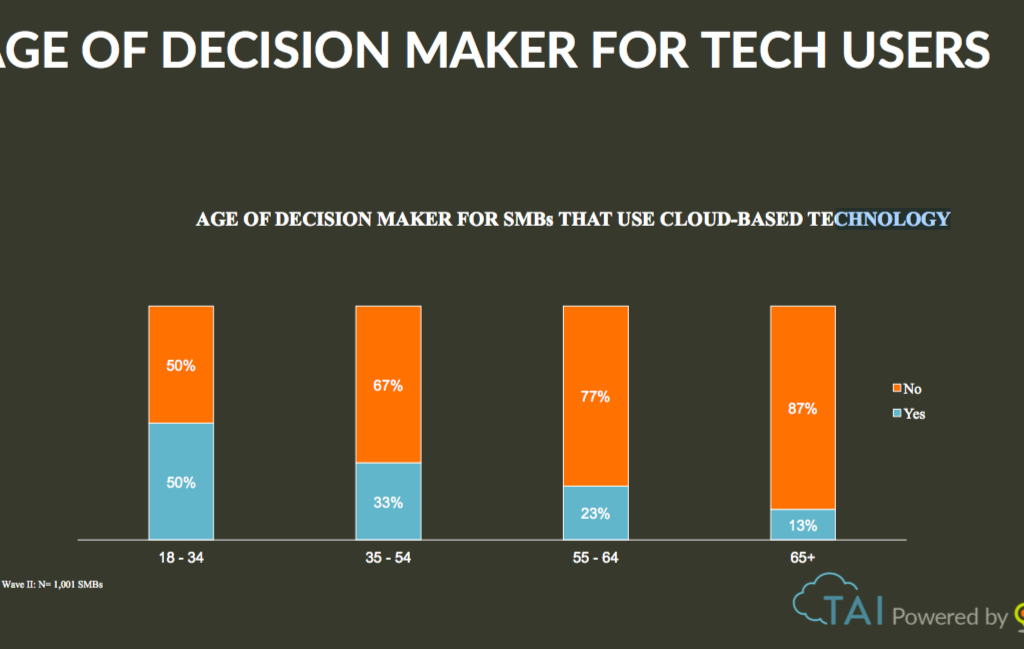According to a new survey conducted by LSA and Mono Solutions, more than half of SMBs have at some point abandoned an online software purchase in the middle of the process. And their reasons suggest that DIY software vendors overall haven’t yet perfected the customer experience.
According to the online survey of roughly 500 small business operators conducted in September, only 41% of respondents said they had never abandoned an online software purchase once started. The most commonly abandoned services included website domains, websites, and social media advertising.
Respondents were then asked why they abandoned the DIY purchase. The most commonly cited reason was “I changed my mind about needing the product,” following closely by “I felt misled about the cost”, “The process was complicated or confusing” and “The process was taking too long.”
The leading response about customers changing their minds about their need for the software is open to interpretation. Some SMBs are likely fickle by nature. But the response may also suggest that something was missing in the customer experience that gave pause and led them to abandon the purchase. And this response choice may have come closest to articulating this anxiety. The remaining choices are less open to interpretations. They reflect a bad customer experience and also provide insight into what SMBs need in order to feel comfortable purchasing software in a DIY environment.
These and other findings will be shared in a new LSA white paper commissioned by Mono Solutions, “Meet the New Small Business SaaS Customer,” that summarizes the survey findings. The paper will publish next week and key findings will be shared at the AsiaComm conference (presented by ALSMA) next week in Hua Hin, Thailand, and at the LSA’s Tech Adoption Summit, November 6-7 in San Francisco.
The survey and white paper seek to answer some key questions about in which circumstances SMBs prefer to DIY their software purchases vs. when they would rather use a more service-intensive model. The survey explored this for key elements of the digital marketing stack: domains, websites, social media advertising, SEO, listings, reputation management, email marketing, appointment booking applications, and CRM.
Stay tuned for most posts this week sharing other findings from the survey and white paper.






